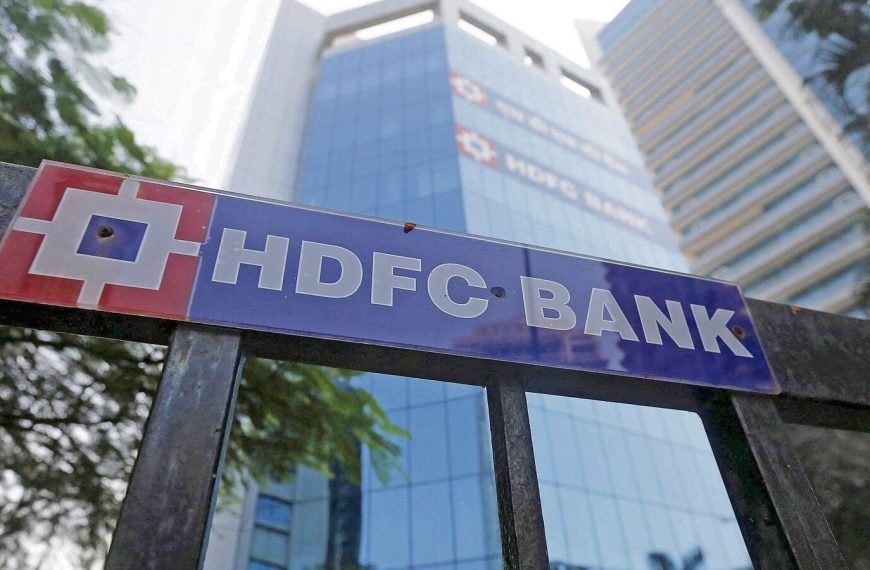In response to recent market fluctuations, central banking authorities in the euro zone, alongside their counterparts in the UK and Switzerland, are ramping up their vigilance over banks and financial markets. This increased scrutiny comes amid a global stock market downturn triggered by trade tensions and fears of a recession. Despite these challenges, officials assure that there are currently no alarming signs within the banking sector.
Increased Monitoring Amid Market Concerns
The European Central Bank (ECB) has intensified its oversight of euro zone banks, recognizing that prolonged market selloffs can adversely impact the economy. According to several sources, ECB supervisors have been in more frequent contact with banks to assess their liquidity and funding status.
- Key Takeaways:
- ECB monitoring has increased due to market volatility.
- Supervisors are proactively checking in with banks regarding funding.
- Feedback from banks remains positive so far.
European regulators have also observed that market liquidity remains intact, allowing for smooth trading even in large volumes. This sentiment was echoed by the French market regulator, AMF, which noted the ease of transactions across the market.
Stability in Bond Markets
While the ECB keeps a close watch on government bond spreads, which indicate investor confidence, the situation appears manageable. Currently, the premium on Italian 10-year bonds over German bonds stands at just 122 basis points. This is a significant improvement from the 250 basis points seen during the peak of the COVID pandemic in 2020 and subsequent rate hikes in 2022.
- Current Bond Situation:
- Italian bonds yield 122 basis points more than German bonds.
- A notable recovery from pandemic-era spreads indicates rising confidence.
Short-Term Market Reactions
In a recent address in Spain, Luis de Guindos, Vice-President of the ECB, commented that markets often overreact in the short term. He emphasized the necessity for a recalibration in a world characterized by fragmented growth and rising inflation. The euro itself has strengthened against the dollar, reflecting a global shift in economic perspectives.
Vigilance Towards Non-Bank Financial Institutions
Officials remain cautious about potential risks from non-bank financial entities, such as hedge and private equity funds. Stefan Walter, Switzerland’s lead market regulator, highlighted the significance of monitoring these institutions closely, as their volatility could spill over into the traditional banking system.
- Key Risk Areas:
- Increased focus on non-bank financial institutions.
- Concerns over possible impacts on conventional banks from hedge funds and similar entities.
Upcoming Discussions and Outlook
As financial policymakers from the European Union convene in Warsaw later this week, discussions will focus on current market conditions. However, a detailed evaluation is expected during the upcoming Governing Council meeting, where the ECB is likely to consider a rate cut.
In summary, while the ECB and other regulators are on high alert due to recent market upheavals, they remain optimistic about the underlying stability of the euro zone banking system. Continuous monitoring and proactive measures are key to navigating this complex economic landscape.











